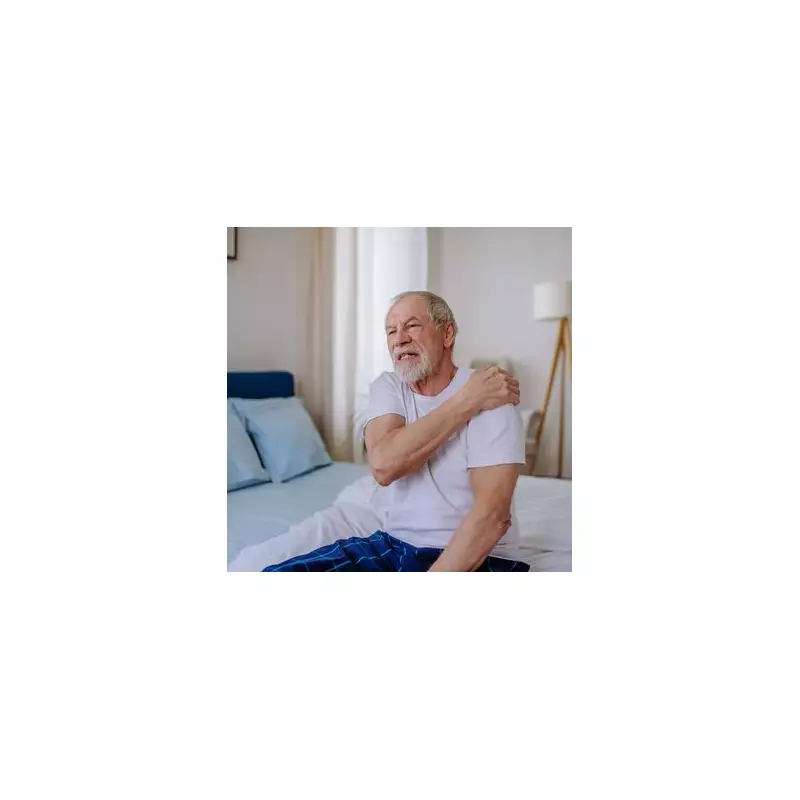
Scientists have uncovered a crucial early warning sign for dementia that manifests during sleep, potentially providing a vital window for early intervention. The disturbing symptom could appear years or even decades before more obvious memory problems emerge.
The Nighttime Red Flag
Researchers have identified a specific sleep behaviour disorder as a strong predictor of future neurological conditions. Known as REM sleep behaviour disorder, this condition causes people to physically act out their dreams, often with violent movements, shouting, or even getting out of bed while still asleep.
What the Research Reveals
Studies indicate that individuals experiencing this particular sleep disorder are significantly more likely to develop neurodegenerative diseases like Parkinson's or Lewy body dementia later in life. The connection is so strong that experts consider it one of the most reliable early indicators currently known to medical science.
Recognising the Symptoms
Unlike typical sleep talking or occasional restlessness, this disorder involves:
- Violent arm or leg movements during sleep
- Shouting, screaming or emotional outbursts
- Physically acting out dreams, sometimes resulting in injury
- Clear recollection of dream content upon waking
Why This Matters for Early Detection
Early identification of dementia risk factors allows for better planning and potential interventions that could slow disease progression. While there's currently no cure for most forms of dementia, early detection provides opportunities for lifestyle changes, treatment of contributing factors, and participation in clinical trials.
When to Seek Medical Advice
Experts emphasise that not everyone who experiences occasional sleep disturbances should be concerned. However, consistent patterns of dream-enactment behaviour, particularly if it leads to injuries or disrupts sleep quality, warrant professional medical evaluation.
Important note: This information should not replace professional medical advice. Anyone concerned about their sleep patterns or dementia risk should consult with their GP or a sleep specialist for proper assessment and guidance.





